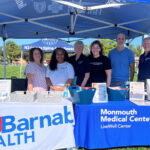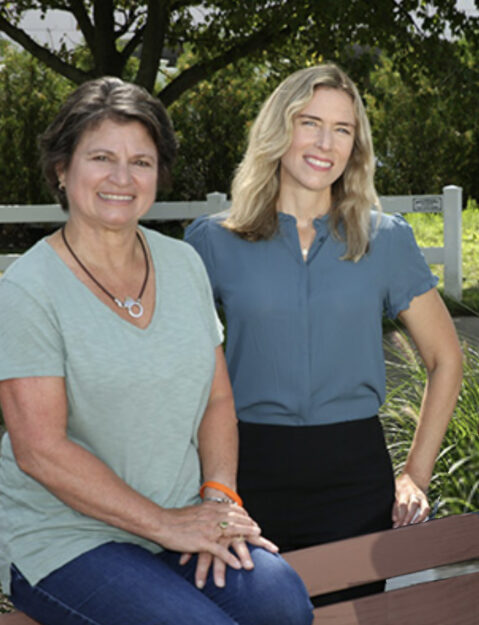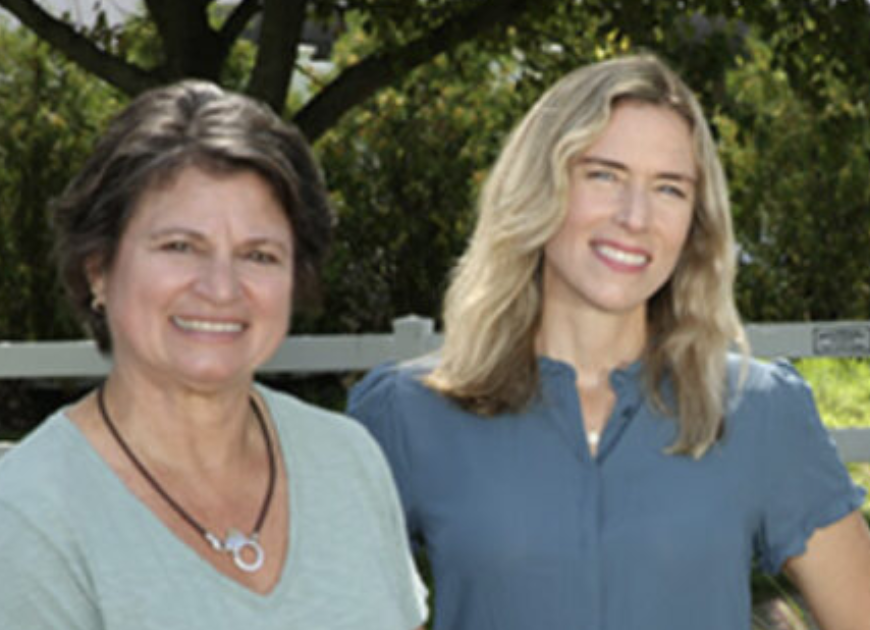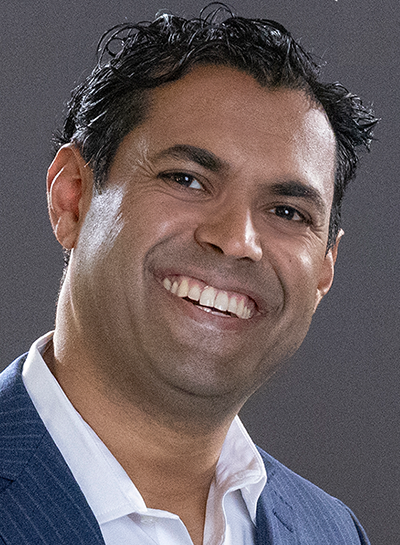
Monmouth Medical Center Team Members at Tinton Falls Day
October 11, 2024
Ocean Schools Enhance Communication with the Instant Language Assistant (ILA)
October 11, 2024By Margie Donlon and Luanne Peterpaul

Assemblywomen Luanne Peterpaul & Margie Donlon
October is National Breast Cancer Awareness Month and we want to update residents on some of our bills advancing through the state legislature to address the need to protect women’s access to reproductive health care.
As prime sponsors of an Assembly resolution supporting continued protection of the federal Emergency Medical Treatment and Active Labor Act, we want to make sure no pregnant women in medical crises are denied stabilizing care necessary to save their lives in New Jersey. The EMTALA ensures public access to emergency services regardless of ability to pay, requiring hospital emergency departments to screen all individuals who come seeking help.
In several states that have outlawed abortion, hospitals are declining stabilizing care to pregnant women if an abortion is necessary. Those decisions can and do cost lives.
Women with lower incomes are more likely not to receive medical treatment, which is why we have sponsored legislation to increase the Medicaid income limits for Aged, Blind, and Disabled (ABD) individuals. The bill calls for an increase from 100 percent of the federal poverty level to 138 percent – from $15,060 per year to $20,783 per year – the same as the income threshold as for individuals under 65 years without disabilities.
In spite of the state’s efforts to reduce maternal mortality and improve maternal health, there remain gaps in the availability of abortion providers. A November 2023 report by the Rutgers University, School of Public Health, identified a “concerning” gap in abortion availability in the southern counties of New Jersey, five of which have no identifiable abortion providers.
That’s why we also have sponsored legislation to create a “Reproductive Health Care Access Fund” to strengthen access to reproductive health care services. The Fund would be used for a reproductive health care clinical training program, reproductive health care security grants, and reproductive health care facility loans.
We also have sponsored legislation to require affirmative written consent for the disclosure of an individual’s medical information regarding reproductive health care services unless disclosure is necessary to provide those services.
In addition, our bill has been signed into law establishing one-year pilot programs under the state Work First New Jersey program to distribute a menstrual hygiene benefit of $14 a month, and $30 monthly diaper benefit for each dependent under 36 months of age of the person in the WFNJ programs.
These bills address basic women’s health care and reproductive health care needs by making services and treatment available and affordable to more women. They will help keep our state safer and our workforce stronger.
We also want to remind homeowners that the deadline to apply to the Senior Freeze Property Tax Reimbursement is fast approaching. Seniors filling a new application, or making changes to a prior application, must submit their application by October 31. Legislative District 11 who need an application or help filing one, may contact our office at (732) 695-3371 for assistance.
Benefit checks for the ANCHOR Tax Reimbursement, which is open to homeowners and owners of mobile home sites who meet the criteria, are now being mailed or deposited directly to residents’ bank accounts.





